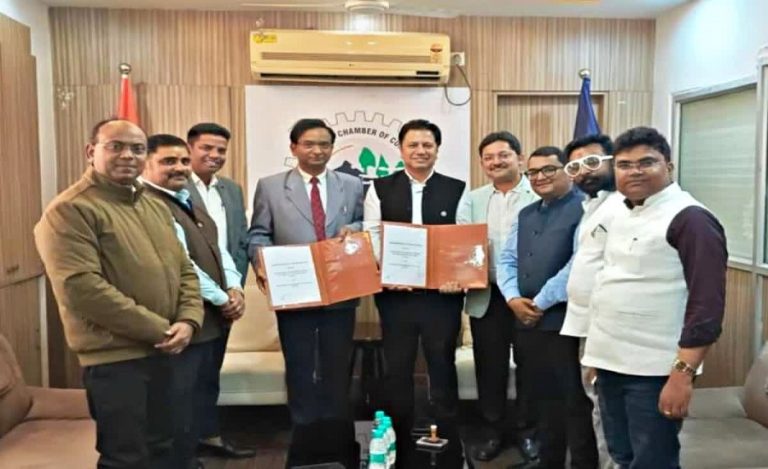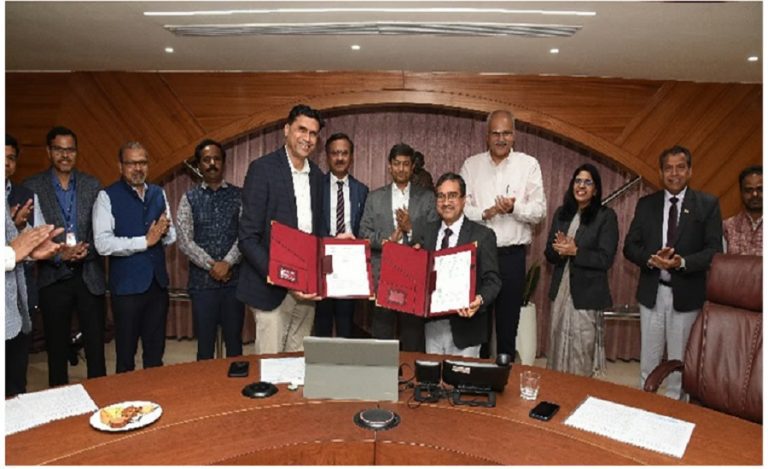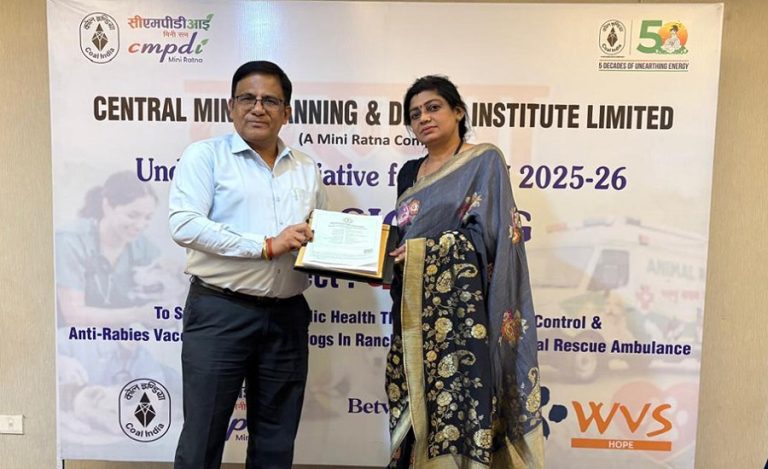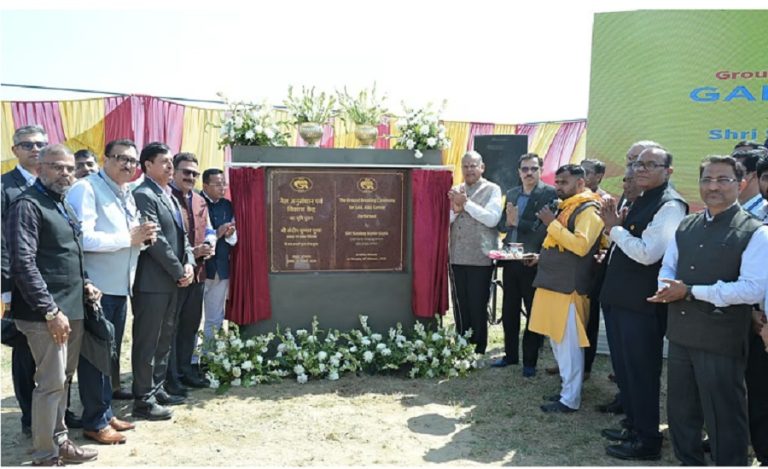In a significant boost to Indian agriculture, the Union Cabinet chaired by Prime Minister Narendra Modi today approved the launch of the ‘Prime Minister Dhan-Dhaanya Krishi Yojana (PMDDKY)’, aimed at revitalizing agricultural and allied sectors across 100 districts over a period of six years, starting from FY 2025-26.
Inspired by the Aspirational Districts Programme of NITI Aayog, this first-of-its-kind scheme focuses exclusively on agriculture and allied activities, targeting areas with low productivity, limited cropping intensity, and inadequate credit flow.
Key Objectives:
The PMDDKY seeks to:
- Improve agricultural productivity and sustainability
- Promote crop diversification
- Expand post-harvest storage at block and panchayat levels
- Enhance irrigation infrastructure
Strengthen access to short- and long-term agri-credit
The scheme will be implemented through convergence of 36 Central schemes across 11 Union Ministries/Departments, supported by State schemes and local private sector partnerships. It reflects the 2025-26 Union Budget’s vision of developing agricultural potential in 100 focused districts.
District Selection and Planning:
Districts will be selected based on three key criteria:
- 1. Low agricultural productivity
- 2. Low cropping intensity
- 3. Low credit disbursement
Each state/UT will have at least one selected district, with distribution based on the share of net cropped area and number of operational holdings.
To ensure effective execution, three-tiered committees will be constituted at the National, State, and District levels. At the grassroots, District Dhan Dhaanya Samitis—including progressive farmers—will finalize and oversee the District Agriculture and Allied Activities Plans. These plans will align with national goals of water conservation, soil health preservation, natural and organic farming, and self-reliance in agriculture.
Monitoring and Outcomes:
Progress will be tracked monthly through a centralized dashboard using 117 Key Performance Indicators (KPIs). NITI Aayog will periodically review and guide implementation. In addition, Central Nodal Officers will be deployed for ground-level oversight.
The scheme aims to uplift agricultural performance in the identified districts, contributing to:
- Higher farm productivity
- Local job creation
- Strengthened agri-value chains
- Greater food security
A step towards Atmanirbhar Bharat in the agriculture sector. With focused interventions and robust monitoring, the government envisions that improvements in these 100 districts will uplift national agricultural indicators, benefitting farmers across the country.




























